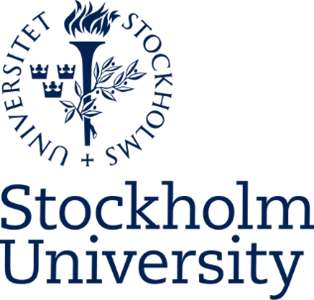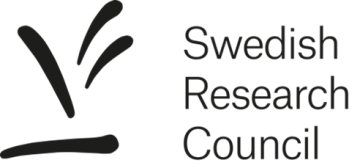Intervenants
- Delphine Pinasa (Centre national de costume de scène)
- Kateřina Cichrová (Czech Heritage Institute)
- Magdalena Piotrowska & Sofia Nestor (Swedish Royal Armoury)
- Anna Kjellsdotter (Swedish Royal Opera)
- Mickaël Bouffard (Théâtre Molière Sorbonne)
- Veronica Isaac (University of Brighton)
- Stephanie Blythman (Royal College of Art, London)
- Joanna Jarvis (Birmingham City University)
- Corinne Thepaut-Cabasset (Château de Versailles / ICOM Costume)
Programme
- 10h-11h15 : The Afterlife: Costume in the Museum
Delphine Pinasa, Centre national du costume de scène de Moulins
Kateřina Cichrová, Czech Heritage Institute
Magdalena Piotrowska & Sofia Nestor, Swedish Royal Armoury - 11h30-13h : Time Travel
Anna Kjellsdotter (Royal Swedish Opera): Alterations of Costume Through Time
Mickaël Bouffard (Théâtre Molière Sorbonne): Re-creation of Costumes for Le malade imaginaire
Veronica Isaac (University of Brighton): "Great minds don't always think alike": Advocating for a Collaborative Approach to Interpreting and Re-constructing Historic Theatre Costume
Journée d'études en anglais.
Cette journée d’études présentera l’état de la recherche dans le domaine du costume de scène en Europe entre le XVIIe et le XIXe siècle. Elle se focalisera notamment sur la matérialité du costume, sur le processus de fabrication et sur les créateurs.
Le langage de la fabrication du costume est très technique, la signification de certains termes historiques est parfois difficile à déterminer, et elle a souvent changé quand les mots et les pratiques ont voyagé à travers les différentes villes européennes et dans le temps. De la même manière, les interprétations du dessin ou du personnage pouvaient changer d’un endroit à l’autre. Finalement, la transformation physique est caractéristique de la biographie du costume, car les étoffes et les matériaux devaient être adaptés aux styles et à des corps différents.
La terminologie, les échanges transnationales et les changements dans le temps, y compris la réutilisation et l’altération des vêtements, seront parmi les thématiques abordées dans les communications et discussions.
-
The workshop focuses on current research in European theatrical costume between 17th and 19th centuries. The materiality of costume, the making process and the makers (designers, tailors, seamstresses etc.) stand in the centre of our attention.
The language of costume-making is a technical one, meanings of certain terms are difficult to determine, and they often changed as the words and practices travelled between different places and in time. Similarly, interpretations of design or idea of character could differ in various contexts. And finally, the physical transformation belongs to the typical biography of costume, as the fabrics had to adapt to changing styles and bodies. Terminology, transnational exchanges and changes over time, including re-use, alterations and reconstructions of garments, are therefore the topics that will be addressed during the workshop.




